This article was written by Angela Bernhard Thomas, Founder, A-Game Esports, and Tyler Othen, Esports Lead, CSL International.
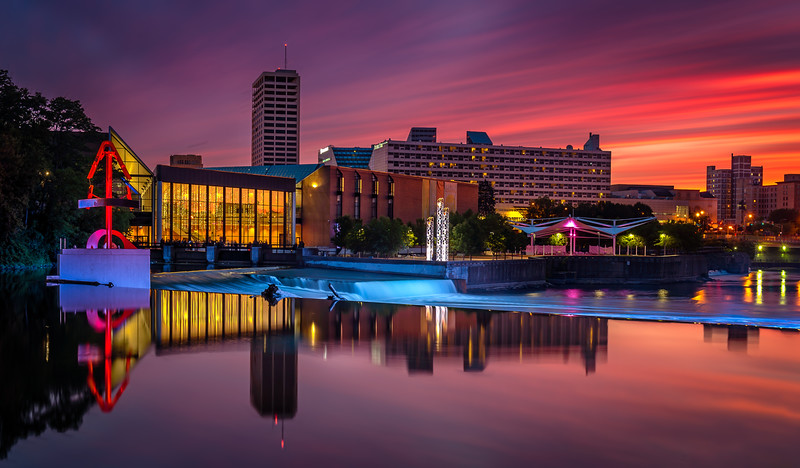
Like many other live event sectors, the in-person esports event industry ground to a halt in 2020. But in South Bend, Indiana, the pandemic didn’t stop a tenacious venue manager, a grassroots marketing group, a local university, and a community of believers from completing a first-of-its-kind esports venue within its downtown convention centre.
Welcome to South Bend
Upon arriving at the international airport in South Bend, you are greeted by a mural that reads “Welcome to the Bend”, a call-out to the city’s location along the ‘bend’ on the St. Joseph River, two and a half hours north of Indianapolis. This abrupt turn of the river gives the city its name — a fitting metaphor for the pivot led by Jeff Jarnecke to turn the 100,000-square-foot Century Center in downtown South Bend into a part-time esports haven.
Our group, Esports Entry Advisory, had completed several venue planning studies throughout the country focused on esports, when we were invited to present at the ASM Global Annual Summit in 2019. It’s here where we met Jeff, the city’s Executive Director of Venues. He told us about his interest in an esports-focused feasibility study. He wanted to qualify and quantify his hunch that esports had a promising home in South Bend, by conducting a market study typically required for any large-scale public facility investment.
Jeff’s idea for esports started with a question: “How can South Bend gain an early foothold in the fast-growing esports industry?” He wanted to explore how they could diversify revenue streams, and build on niche opportunities as a regional esports event venue.
RELATED: How COVID-19 has changed esports venues
Fast-forward 16 months. Now Jeff and his team are using the planning work of EEA to design, build and programme a 6,000-square-foot gaming centre within an underutilised meeting hall at Century Center, South Bend’s primary convention venue. There is also a planned conversion of the Center’s 600-seat Bendix Theater into an esports-capable championship venue.
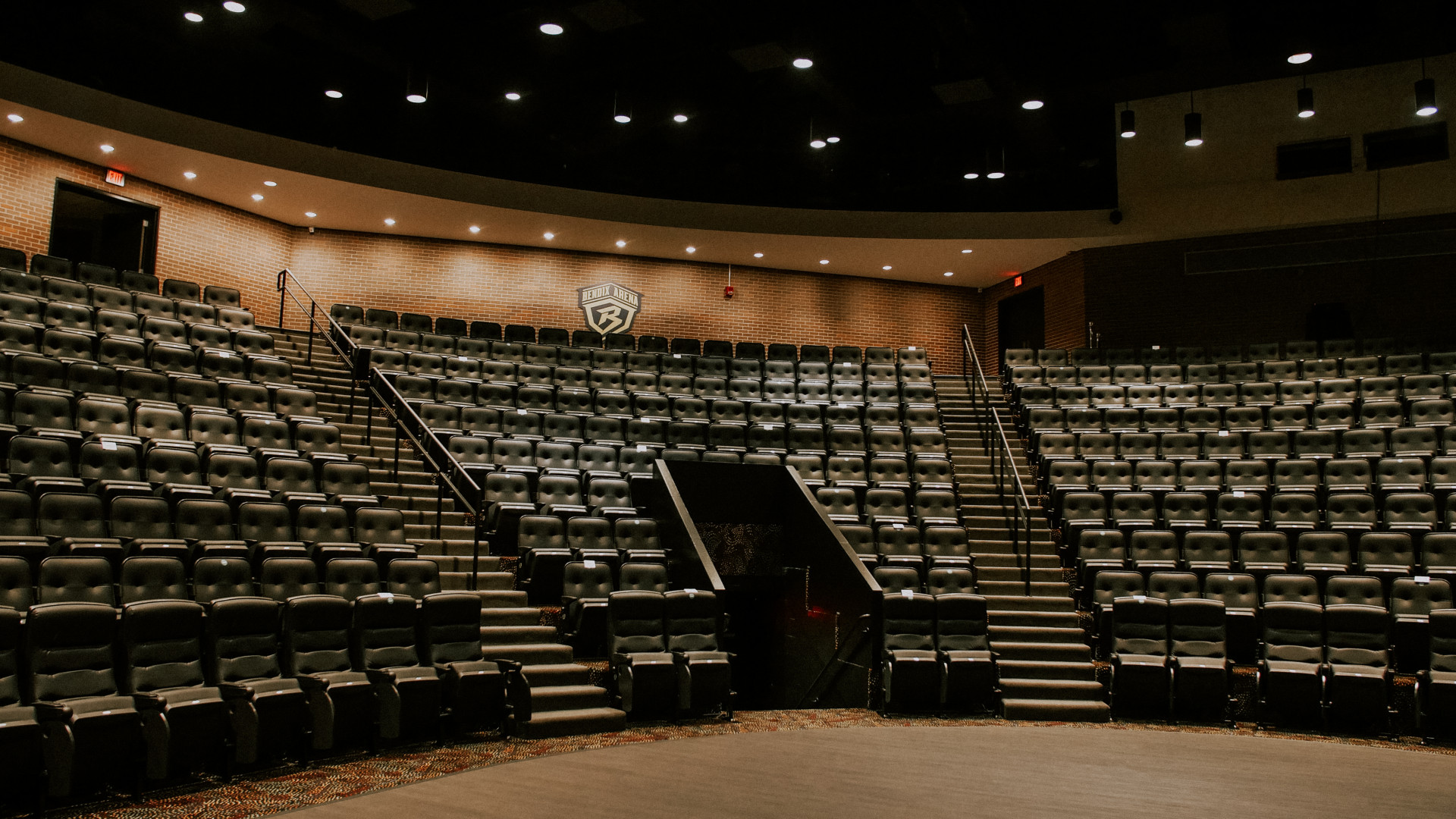
To get to this stage in the middle of a pandemic is a testament to Jeff, his team, and the forward-thinking leadership in South Bend. “EEA was able to help us research and brainstorm project concepts, putting together a feasibility study around the impact and potential of hosting and building an esports facility. The work inspired us to think about our operations and our building differently,” Jeff said.
Other destinations and venues considering investments in esports facilities can learn from what helped Jeff and his team achieve such a feat — which is all the more impressive during a time of such uncertainty. These include: putting faith in a Big Idea; conducting in-depth Market Analysis; designing around research-supported Findings; building a real Business Case; being strategic and decisive in the face of Challenges; and creating an action plan for What’s Next.
The Big Idea
During his previous role as Director of Championships and Alliances for the NCAA, Jeff was introduced to esports through early research exercises exploring the NCAA’s role as a governing body in collegiate esports. With this awareness of the industry and its promising trajectory, Jeff brainstormed his vision with his local hotel tax board in St. Joseph County. The goal was to develop an esports facility within the Century Center. Board President John Anthony pushed Jeff and the team to deliver.
After discussing the project with Jeff, The Esports Entry Advisory was tasked with conducting the research that would underpin a feasibility study. The team took an analytical approach, just as we would with a feasibility study for other sports or convention facility developments. To do this, we prepared a market-specific business case for the concept.
The Analysis
Our feasibility analysis considered the strengths and the weaknesses of the market, competitive and complementary venues, and demand characteristics specific to South Bend. The opportunities for Century Center esports are supported by a walkable and navigable downtown with popular restaurants and bars; a planned, urban residential boom that will bring more young professionals to the area; a citywide prioritisation of creating and attracting AI and tech jobs; a robust student population at Notre Dame University; the market’s drivable distance to and from Chicago and Indianapolis; significant participation in online gaming among local residents; and considerable interest among the community in using esports facilities and attending esports events.
At the same time, we interviewed a network of over 30 esports event organisers, college esports teams, and regional school districts, generating data as to the demand for esports activity in South Bend. This outreach gave us several critical insights into events levels and space needs.
The Findings
Our conversations with esports organisers and universities generated three important insights:
- There is unmet demand in the region for turnkey spaces to host smaller and mid-sized esports tournaments and events.
- Significant interest exists in the collegiate market to organise more in-person competitions throughout the year.
- There is a preference for a ‘tournament venue’ that could host several matches at once instead of just a traditional stage and arena setting.
Building on these insights, a 36-station LAN centre was recommended for development in Century Center’s Whitewater Suites, a 9,000-square-foot string of meeting rooms in the building’s lower level. The envisioned space would include 24 community desktop stations for training and competitive play, in addition to 12 tournament-quality gaming pods featured on a slightly elevated stage at the end of the room.
Lighting, sound, and audiovisual enhancements were recommended as well to produce a genuinely experiential atmosphere. “Considering the multi-purpose nature of the technology used for esports, I think we’ll see other centres turning underused spaces into gaming venues in the future,” Jeff said.
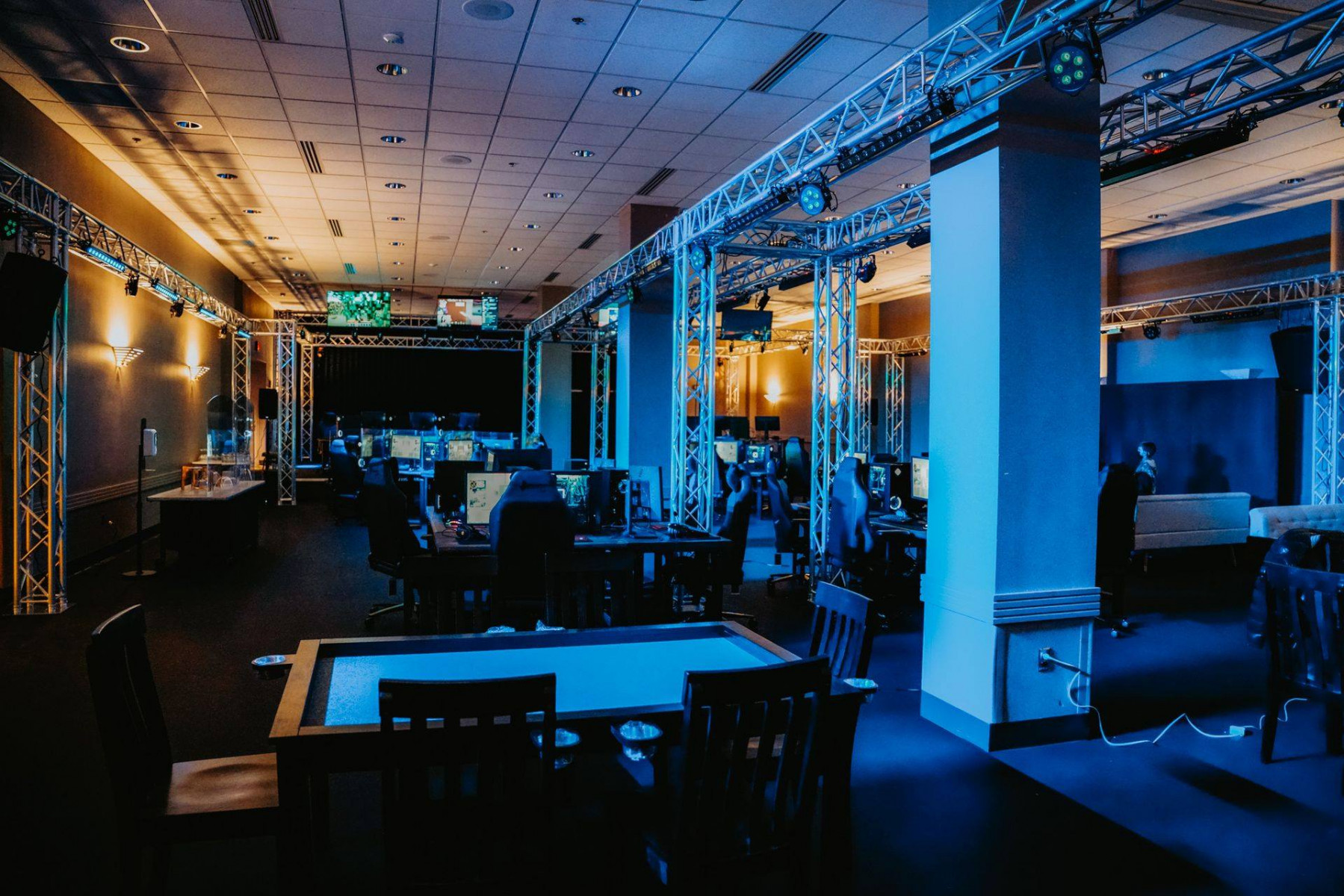
The Business Case
The LAN gaming centre came with a relatively low price tag compared to traditional improvement projects. We also saw it as a reliable revenue contributor with the potential to gradually improve the building’s financial performance as the esports event industry matures.
At the same time, this investment by no means precludes the space from continuing to host conferences, meetings, seminars, and other events. Esports-related equipment is highly modular and could be stored away if necessary. With its existing user base augmented by a new market, the building will now have a more diversified revenue base.
Jeff commented: “The EEA study proved to be the validating point, in terms of the qualitative and quantitative research that was needed, to put together the business plan to share the proof of concept, and ultimately get approval from the respective boards and leadership within the City.”
Previously, stakeholders weren’t entirely comfortable with the idea that if you build it, they will come. But we had identified a real, tangible user base that would utilise the space throughout the year. It then became an easier sell to local stakeholders and decision makers.
Based on the market demand identified, a financial model was prepared that estimated an operational surplus starting after year one with operating revenues continuing to grow into the future. The St. Joseph County Board of Managers for Hotel-Motel Tax approved the $2m needed to cover the upfront costs for the project.
“This was $2m dedicated to build that sense of community, to be innovative, to be an early adopter, to be aggressive, but then also to drive hotel room nights, energy and excitement in the downtown as well as the building,” Jeff said.
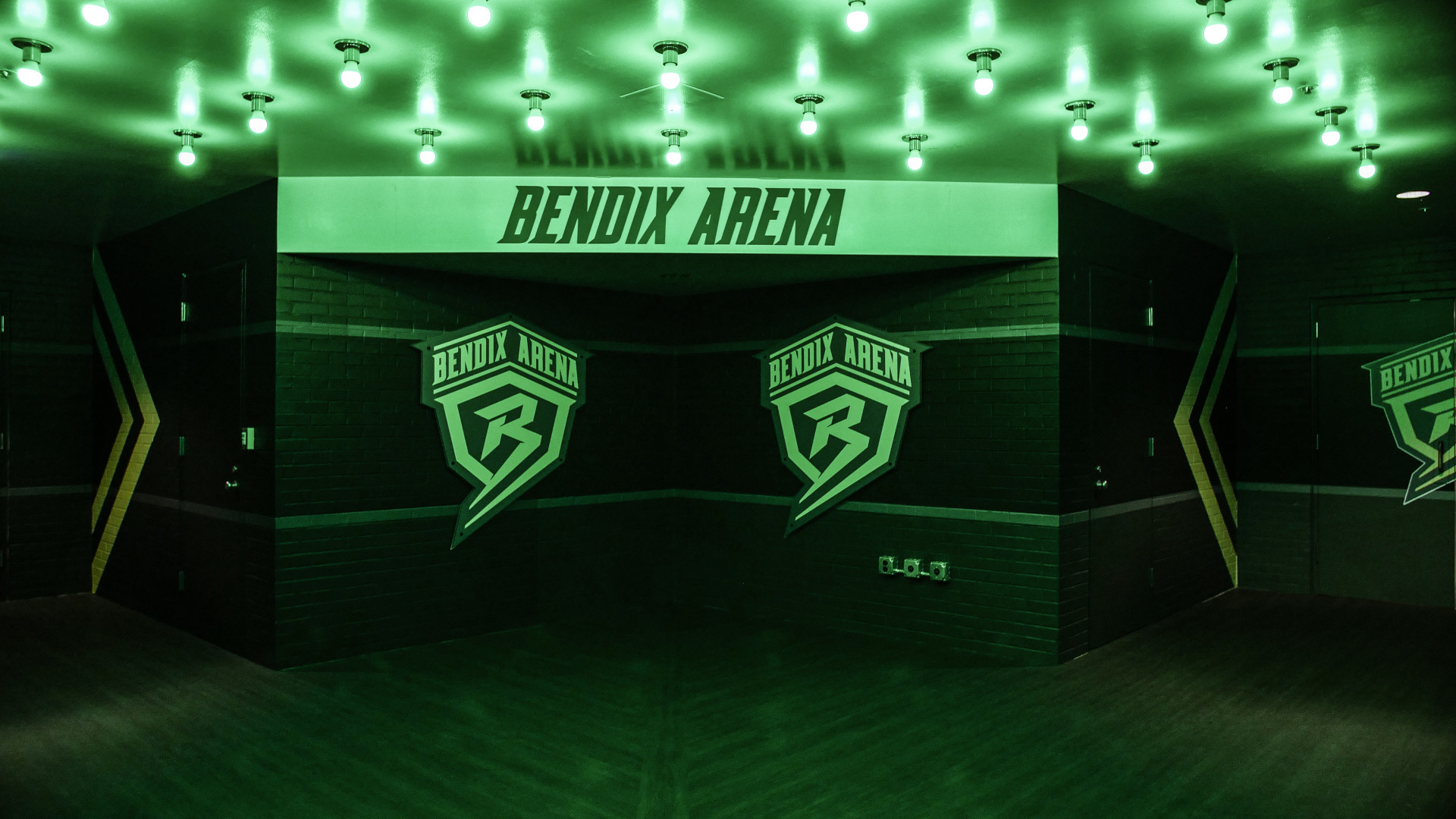
The Challenge
The COVID-19 pandemic presented its challenges, disrupting hospitality projects throughout the US, but Jeff and his team pressed on despite uncertainty. At the onset, the project had started with a $2 million budget, which would be phased in over two years. With the support of his Board, Jeff was encouraged to continue planning for the project throughout the course of the pandemic. With significantly decreased hotel tax collections, the budget for the project was cut by approximately $1 million.
The game stations, the lighting, the stage with tournament-quality gamer pods, and additional space for console gaming and virtual reality were all maintained as part of the planned project. When complete, they would have a first-of-its-kind publicly owned esports centre — something for the community to be proud of.
What’s Next?
The president of Bethel University has reached out to Jeff, seeing an opportunity for their institution to use esports to attract students in the various STEM fields, while at the same time providing an entertainment venue for all students.
Ready to kickstart their own esports varsity programme, Bethel hired a coach and programme director, and the Bethel esports team launched their competitive play in the fall of 2020. Bethel will now be the esports centre’s first tenant.
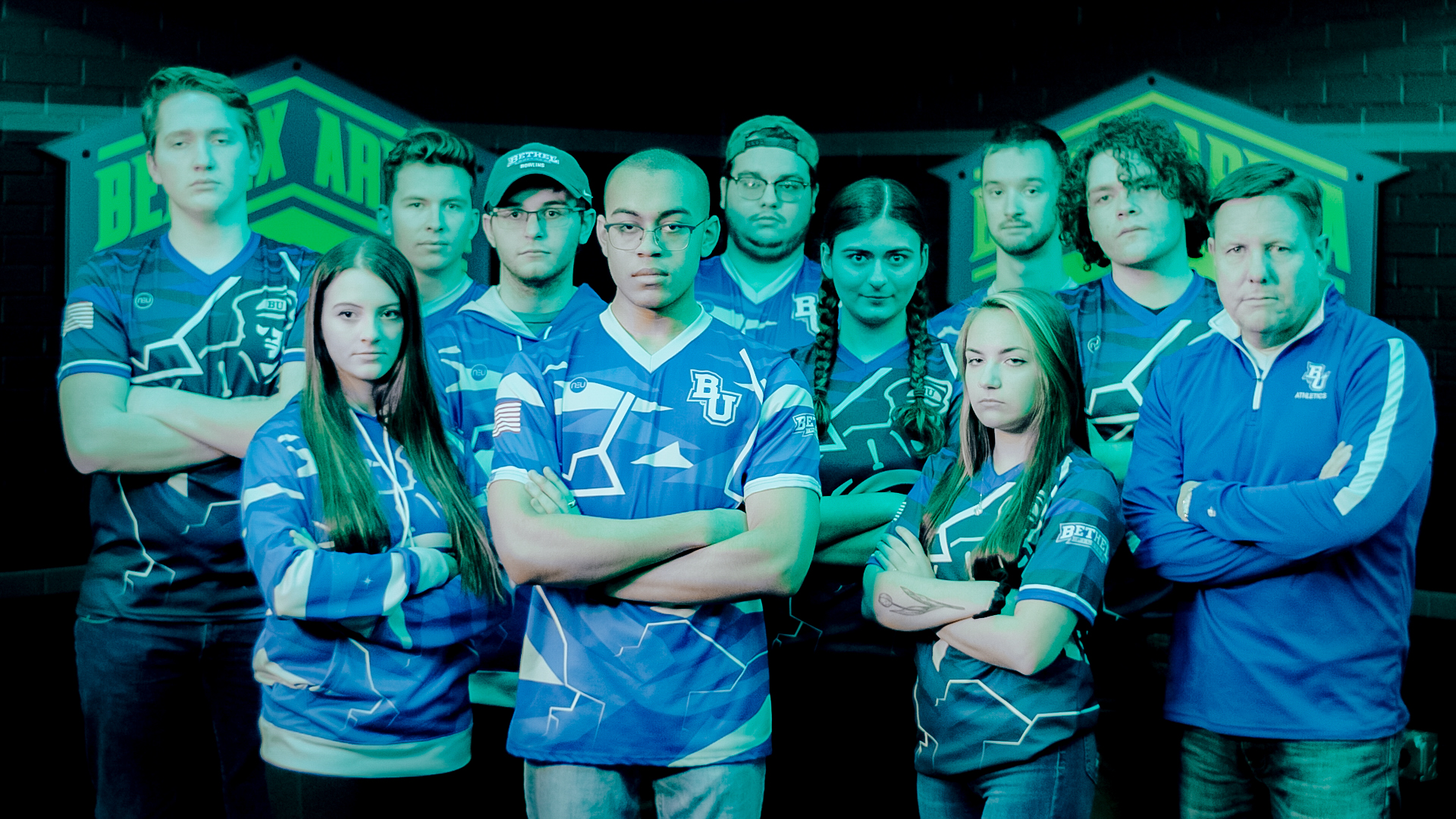
“Their first recruit to the team was a young lady from the local area,” Jeff said. “The team will use the venue as a practice facility during the week, host competition events, and help us run the public side of the gaming centre.”
Jeff and his team are now focused on acquiring sponsors for the space and have already signed Game Fuel and Pepsi. The next task is to spread the word further, with their grassroots marketing agency, Vala Marketing, reaching out to rights holders and tournament organisers around the country. Sales and marketing efforts will focus on attracting residents to weekly tournaments, as well as various other events.
Selling the esports space will be a team effort in the community as well. The South Bend CVB sales team will collect leads and reach out to organisers of esports events, just as they do youth sports like hockey, football, and baseball.
Rob DeCleene, the Executive Director of Visit South Bend, voiced his excitement for the project.
“The Bendix Arena project at Century Center could be transformative for South Bend. It seems like we’re fortunate to still be at the forefront of the burgeoning esports market relative to being able to offer a new, dedicated facility for gamers, events, and competitions. We’re hoping it continues our proud sports culture in South Bend by advancing into this newer market with a great venue in the heart of our downtown. Additionally, increasing the presence and visibility of the gamer and associated esports demographic downtown should have ripple effects for all of our businesses and downtown merchants.”
[primis_video widget=”5183″]
RELATED: 1,500 seater esports venue proposed in Bristol, England
This project, driven by the promise of the esports industry and the hope of a community, is impacting the local residents of South Bend, Indiana in a meaningful way. Bravo to Jeff, and everyone else involved with the project.
The venue goes live after the ribbon-cutting ceremony on Thursday, February 4th. You can watch the livestream of the ceremony on Thursday, February 4th at 11:45am CT on Twitch here, or Facebook here.
[maxbutton id=”5″ ]
